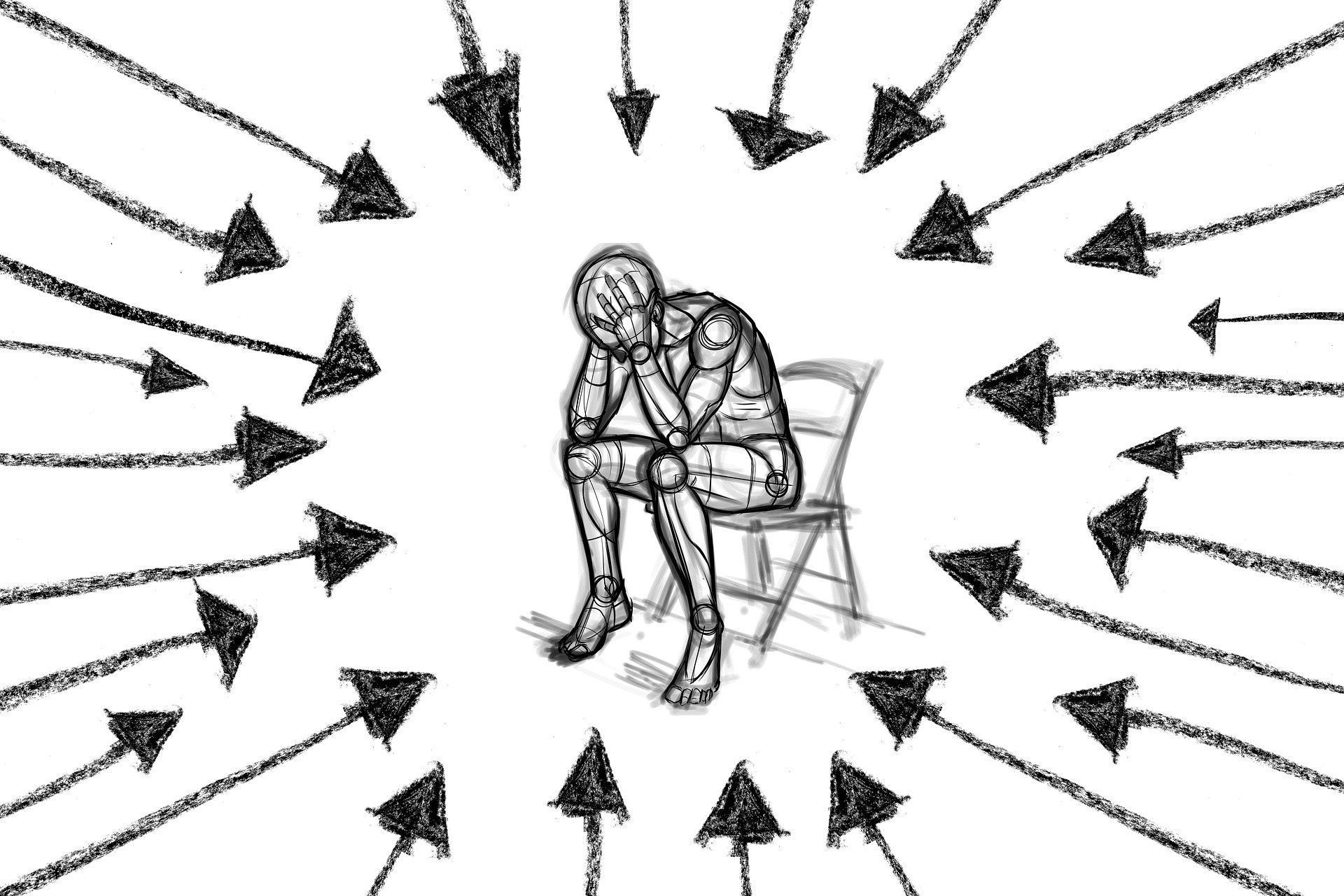As most people with the bare minimum of historical knowledge know, the 20th century had its fair share of dictators: Hitler, Mussolini, Stalin, Hirohito; you name them. However, many of them have been forgotten over time, due to international irrelevance and other factors. António de Oliveira Salazar, Portugal’s dictator from 1932 to 1968, is a perfect example of this “syndrome”.
Author: Hugo Silvestre–Mariotte
While he indeed didn’t have that much traction outside of Portugal, his impact — both positive and negative — on his homeland was crucial in transforming it into its current self and deserves significant recognition. We’ll first go over how Salazar came to power, then how life went under his regime, and finally how it fell.
Salazar, from theology to governing a country
António de Oliveira Salazar was born on the 28th of April 1889, into a modest family living in Vimieiro, located northeast of Coimbra. After studying theology for 8 years from 1900 to 1908, Salazar entered the University of Coimbra in 1910 where he started studying literature, though he quickly changed his mind and switched to law — more precisely economic law. He later joined the Centro Académico de Democracia Cristã (CADC for short), a Catholic student movement based on the teachings of Pope Leo XIII, a movement for which he wrote several articles and speeches that greatly contributed to him gaining popularity in the Portuguese political sphere. After the 1926 putsch that successfully dismantled the previous democratic government but left Portugal in a severe economic crisis; Salazar was chosen in 1928 by the military regime to lead the Ministry of Finance, a role which allowed him to stabilise the internal economy in less than a year. His expertise led him to be designated as Prime Minister, giving him complete authority over the state. Thus began the Estado Novo.
Salazar, the isolationist
The Estado Novo had several aspects which were heavily inspired by the numerous dictatorships of its time. Just like, for example, Fascist Italy, it strived towards autarky — economic self-sufficiency — censored any potential media backlash and owned a secret police force — the PIDE — to eliminate political opposition. However, where it heavily differed from its contemporaries was its main goal: to maintain stability at any cost. Whilst the Nazis and Fascist Italy used new radical ideologies to manipulate the masses, the Estado Novo was more focused on keeping everything under control by minimising the involvement of the people into the country’s political affairs.
Such an attempt at control can be seen in the corporatist policies put into place during the regime. For example, Salazar chose to ban independent trade unions and created government-led “corporations” which regrouped everyone from employer to worker under a single organisation, effectively making strikes impossible and reducing the citizenry’s political involvement, as the system was used to actively track down dissidents instead of adapting the laws to please the workforce.
This abnormal obsession for control is also felt in the treatment Salazar had towards Portugal’s colonies. He saw these not as simple overseas territories, but as directly parts of the homeland; which might seem fantastic at first until you realise this “integration” included forced indoctrination of the indigenous population without any form of benefits. In fact, they were seen as subjects to be civilised, not citizens. Even when most colonial powers started a global process of decolonisation, this process was never an option for him, hence the several wars against independence movements. Portugal was stuck in time, despite the desperate need for change.
Salazar, an absurd end to half a century of oppression
Salazar, despite his obsession for control, couldn’t dictate one thing: luck. On the 3rd of August, while enjoying the summer weather in his seasonal mansion west of Lisbon, he accidentally fell off his chair and slammed his head to the ground. This incident, originally thought to have only provoked a minor injury, developed into a stroke that caused Salazar to enter a coma so sudden he was considered dead by his own ministers.
This should have been the end of the regime, as it was left with no ruler; but the government chose otherwise. Because really, why would they change a winning formula and adapt to a population constantly asking for social improvement? Hence, it chose Marcelo Caetano, the former rector of the University of Lisbon, as Prime Minister. But about two weeks after the transfer of power took place, something quite unexpected happened: Salazar woke up.
Oh no, what would the government do now? They can’t just tell him that he’s already been replaced — which is exactly what they didn’t do, instead choosing to gaslight Salazar into thinking he was still in power. This was a brilliant idea, as up until his death in 1970, he was still under this illusion.
But let’s go back to Marcelo’s government. While he was slightly more progressive in his approach with handling the state by implementing some minor improvements regarding freedom of speech and social security, he was still much of an authoritarian leader. The people of Portugal were tired: nearly 50 years of ruthless dictatorship, never-ending colonial wars costing innumerable lives, and an incompetent leader, all these factors sprouted sentiments of rebellion inside the army and led to what would soon be called the “Revolução dos Cravos” (“Carnation Revolution” in English ). On the 25th of April 1974, a coup d’état that would become a rare case of its kind took place, as it succeeed with nearly no deaths on either side of the confrontation. Caetano was sent to Brazil — where he died in 1980 – and the National Salvation Junta was put into place to start the process of democratisation. This was it: Portugal was finally free, its colonies independent, and a new era began.
Cover image by: Luiz Costa on Pixabay
Edited by: Richard Mayer, Lisa Schreiner



